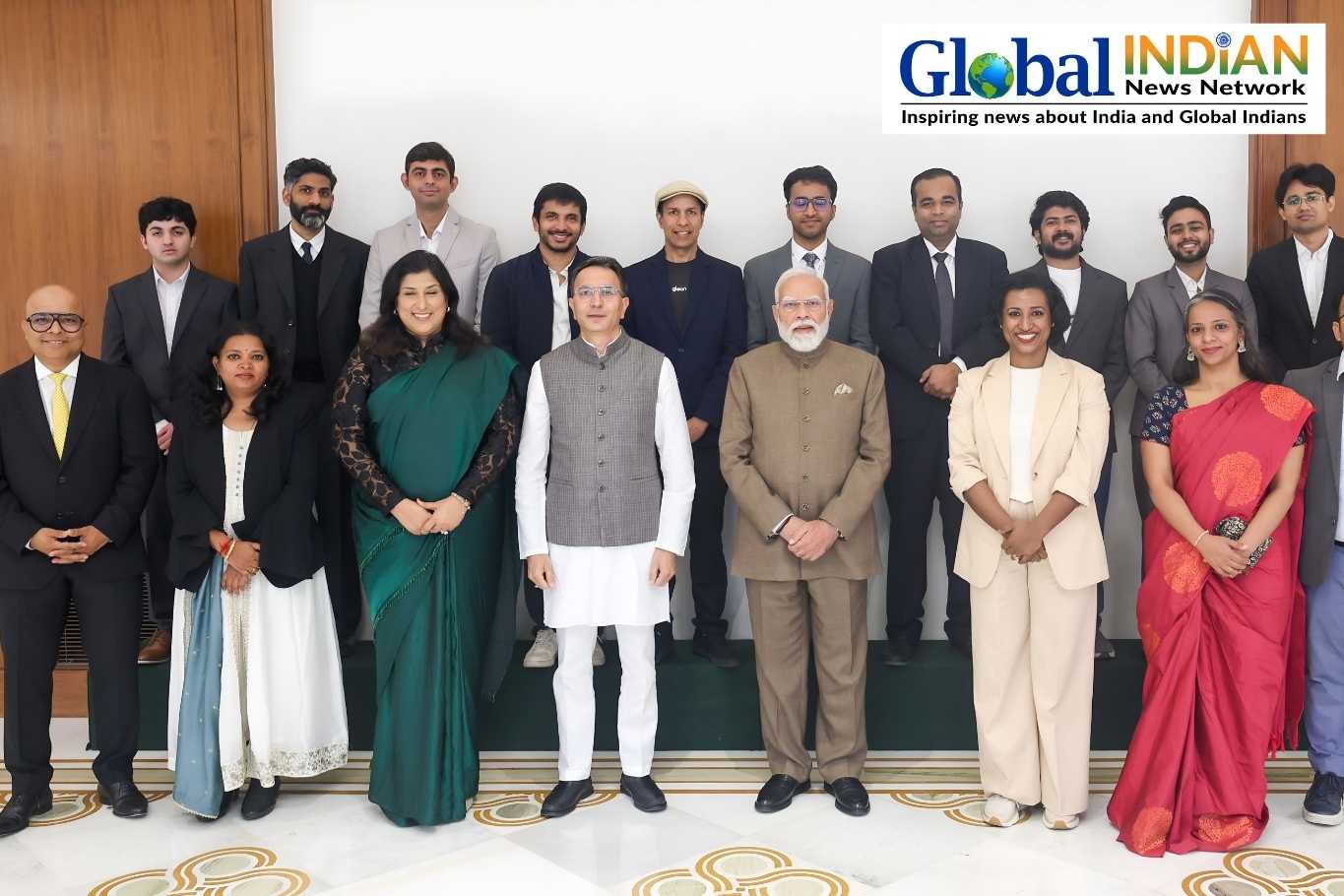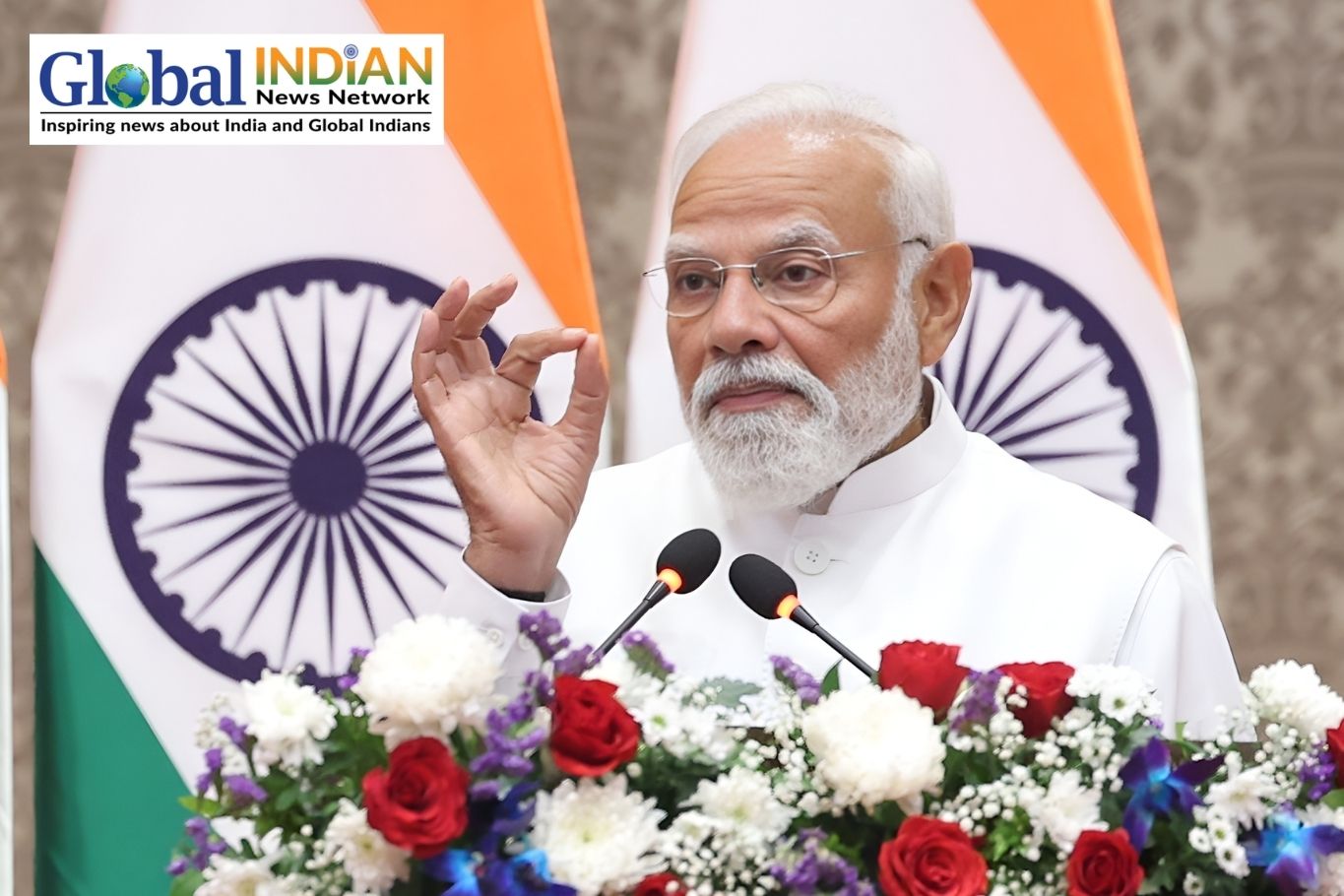 According to a groundbreaking study published in The Lancet medical journal, an alarming 101 million individuals, equivalent to 11 percent of India’s total population, are currently living with diabetes. Additionally, 35.5 percent of Indians suffer from hypertension. This comprehensive research, conducted by the Madras Diabetes Research Foundation in collaboration with the Indian Council of Medical Research (ICMR) and the Union health ministry, provides an in-depth assessment of the burden of non-communicable diseases (NCDs) across all states in the country.
According to a groundbreaking study published in The Lancet medical journal, an alarming 101 million individuals, equivalent to 11 percent of India’s total population, are currently living with diabetes. Additionally, 35.5 percent of Indians suffer from hypertension. This comprehensive research, conducted by the Madras Diabetes Research Foundation in collaboration with the Indian Council of Medical Research (ICMR) and the Union health ministry, provides an in-depth assessment of the burden of non-communicable diseases (NCDs) across all states in the country.
The study, titled “Metabolic Non-communicable Health Report of India: The ICMR-INDIAB National Cross-sectional Study,” highlights the urgent need for effective strategies to combat the growing epidemic of NCDs in India. It reveals that a staggering 11.4 percent of the Indian population is afflicted by diabetes, while 35.5 percent suffer from hypertension.
The research, spanning from 2008 to 2020 and encompassing 113,043 individuals from both urban (33,537) and rural (79,506) areas across 31 states and Union territories, uncovers worrisome trends. In 2021 alone, approximately 101 million people were diagnosed with diabetes, 136 million with pre-diabetes, and a staggering 315 million with hypertension. These figures underscore the magnitude of the problem and the urgent need for preventive measures and proper management.
The study also reveals that general obesity affects 28.6 percent of the Indian population, while 39.5 percent suffer from abdominal obesity. Hypercholesterolemia, a condition associated with a higher risk of heart attacks and strokes, was found in 24 percent of the population. Furthermore, 15.3 percent of individuals have pre-diabetes, a concerning precursor to the development of diabetes.
Significant disparities exist between different regions of the country, with states such as Kerala, Puducherry, Goa, Sikkim, and Punjab reporting the highest prevalence of NCDs compared to other parts of India. However, the study emphasizes that the problem extends nationwide, with obesity, hypertension, and other cardiometabolic risk factors prevalent in both urban and rural areas.
Dr. RM Anjana, the lead researcher involved in the project, emphasizes the immediate need for governments to take action to address the growing burden of NCDs. The detailed state-level data provided by the study can serve as a valuable resource for policymakers in formulating evidence-based interventions tailored to specific regions.









